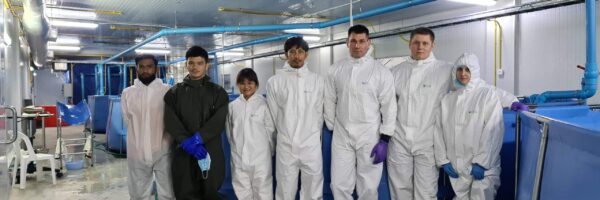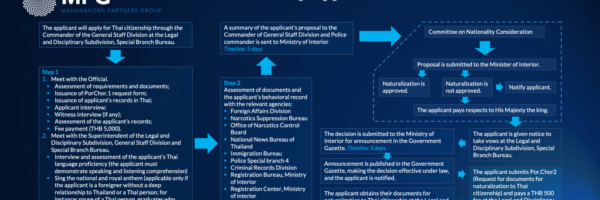
Arthritis: Traditional Chinese Medicine (TCM)
Arthritis is one of the most common problems encountered in my clinic experiences. When you think about arthritis, you likely think of a disease that affects the joints.
However, some types of arthritis may have extra-articular manifestations, meaning that the disease affects areas of the body other than the joints. When this occurs, especially in multiple organ systems of the body, the arthritic condition is said to have systemic effects or is referred to as a systemic disease.
To make it easy to understand, I will classify arthritis into two significant groups: Osteoarthritis and Inflammatory Arthritis.
Osteoarthritis is a so called mechanical condition or “wears and tears.” Typically, osteoarthritis presents as pain, stiffness, or swelling in joints such as the hip, hand, knee, or spine, but it may also affect other joints. Women run a higher risk of developing osteoarthritis than men, and other risk factors include heredity, excess weight, joint injury, and hormonal imbalances. It happens because trauma or a repetitive force causes the cartilage cells called chondrocytes to burst, creating inflammation. These joints are lubricated by a natural substance called synovial fluid. The damage to the cartilage causes the chondrocytes to flake apart and absorb synovial fluid, which decreases the amount of lubricant in the joint. Reducing joint lubrication increases friction between the joint bones, which accelerates common decay, which causes more inflammation and degenerative bone changes.
On the other hand, inflammatory types of arthritis may involve multiple joints simultaneously. Often, an overactive or malfunctioning immune system is the cause of inflammation. The primary symptoms of inflammatory arthritis are pain and stiffness in the morning or after periods of rest or inactivity. Swelling, redness, and warmth are common in or around the affected joints. Inflammatory arthritis not only affects the joints – other body parts can be affected, including the skin or internal organs. Most forms of inflammatory arthritis in adults can start in childhood or adolescence, although the onset and manifestations may be slightly different in younger patients. Some examples of inflammatory joint arthritis commonly seen in the clinic are rheumatoid arthritis, psoriatic arthritis, ankylosing spondylosis, lupus, and gout.
How acupuncture and TCM helps with arthritis?
In TCM, arthritis is the disorder we call “Bi Syndrome.” The cause of Bi syndrome is attributed to pathogenic factors like wind, cold, dampness, and heat. These pathogenic factors may lodge in the muscle and joint, causing decreased circulation, pain, inflammation, or swelling. It can also be related to deficiencies of the TCM liver and kidney. The liver is a vital organ involved in an immune response. The kidney in TCM is the root of the Yin and Yang of the body, and it needs to be function properly to produce the raw material for hormones.
Arthritis can be treated using various TCM methods such as acupuncture, cupping, tuina, and herbal medicines. These treatment methods aim to eliminate underlying causal factors and promote the average circulation of Qi and blood in the body and affected area. Acupuncture and herbal medicines can also boost liver and kidney functions.
When patients come in with pain in the joints like elbows, fingers, knees, shoulders problems as a practitioner, I need to clarify that the pain is by a mechanic or systemic problem. This process relies on a combination of physical examination, medical history, laboratory test results, and imaging studies. With enough patient information, I will set up the treatment plan for an individual.
Depending on the type of arthritis and its severity, require many approaches to manage all aspects of the individual’s health. Treatment is most effective when it begins early in the condition. Moreover, a variety of lifestyle recommendations for the ongoing management of arthritis. These include:
- Eating a healthy, balanced diet for adequate nutrition.
- Participating in regular physical activity.
- Reducing sources of stress and finding ways to manage stress better.
- Taking an active role in disease management.
- Drink more water! Staying hydrated is essential for keeping the joints lubricated.
Dr. Kate Boonyakiat, DAOM, LAc. – Terra Acupuncture Clinic
7/3 Soi Huahin 51, Hua hin, Prachuab, 77110, Thailand
Phone: 099 – 292 4922 | Email: [email protected] | Line: @terrapyclinic



